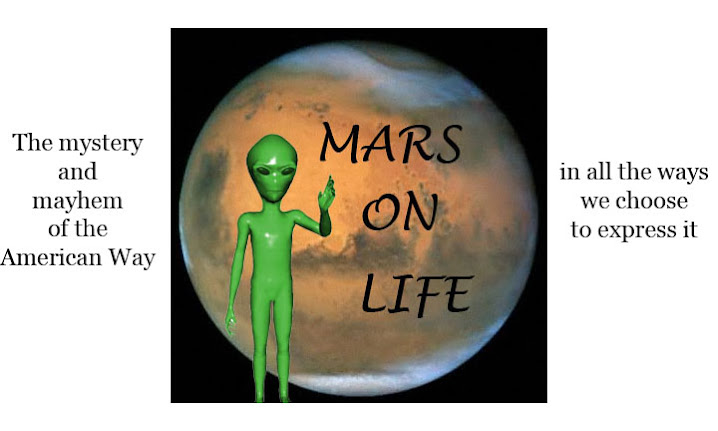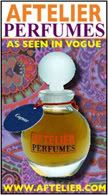
Novelist and journalist Emma Forrest reflects on the sartorial differences between Los Angeles and London in a Guardian column. Using Victoria Beckham as example, Forrest delineates the social symbology implied in Beckham's choice of garments. Beckham is continuously dressed to the nines, whether in the catwalk catbird seat or attending to more prosaic activities, while all around her Hollywood dresses in a fashion downdraft. As Forrest points out, casual in Hollywood terms is closer to salvage extempore.
While in London, Beckham's brand of dress isn't overtly conspicuous, but in Hollywood the language of Beckham's designer duds brands her as a roturier. The parade of labels then telegraphs both ignorance and arrogance, flouting the cultural convention of sloppiness as next to saintliness. Or messiness as next to morality.
Even though I live in the thick of it and should have the code down pat, I went to two interviews overdressed. I overcooked it while at the same time taking all of its secret language into account. I thought I was dressed with simple elegance, clean lines, and no-bullshit black. I'm not twenty.
Each interviewer commented, suspiciously.
I wore black slacks, a plainer pair of Choos, and a simple blouse. I didn't rattle any pearls, didn't cage myself in blobs of bling. It is tempting to think the shoes were at fault, that the heels signaled a nasty case of Manhattan-style aggression, but their jeans told me otherwise. My choice of apparel caused each person to apologize for his own appearance.
I may as well have had on a sign that read: WHAT, ME WORK?
Short of being a sign of professionalism and respect, my choice of clothing signaled that I wouldn't be atta-girl, and that I would be unable to get my hands dirty.
A corollary might be drawn between this new disheveled trend and the abnegation of Hollywood mores by the members of the Group Theatre, of which Frances Farmer was the primary political exemplification. The actress, who straddled both Broadway  and Hollywood, was a constant aggravation to her studio for refusing to identify with its value system. Farmer hated the dream factory dress-up and cosmetic adornment. "I dress as I like," she announced, wearing an old raincoat. From a philosophical standpoint, Farmer strongly identified with the working-class hero and his ethical struggles against capitalist society.
and Hollywood, was a constant aggravation to her studio for refusing to identify with its value system. Farmer hated the dream factory dress-up and cosmetic adornment. "I dress as I like," she announced, wearing an old raincoat. From a philosophical standpoint, Farmer strongly identified with the working-class hero and his ethical struggles against capitalist society.
Forrest contends that Young Hollywood strives to be seen as the bum-bin labor force, because to do otherwise would break the canon of the Protestant work ethic into "want" rather than "necessity." "Want" is an ugly, ambitious word, "necessity" implies grace, stoicism, and admirable values. In dressing sloppily and without stylistic regard, young actors and actresses become, as Forrest points out, one with the people.
Except that those people generally live under bridges, not in $20,000,000. mansions.
Image: Style.com
Showing posts with label Victoria Beckham. Show all posts
Showing posts with label Victoria Beckham. Show all posts
Saturday, December 1, 2007
Downdraft, Clothes for the New Working Wasteland
Labels:
Emma Forrest,
Posh Spice,
Victoria Beckham
Subscribe to:
Posts (Atom)








